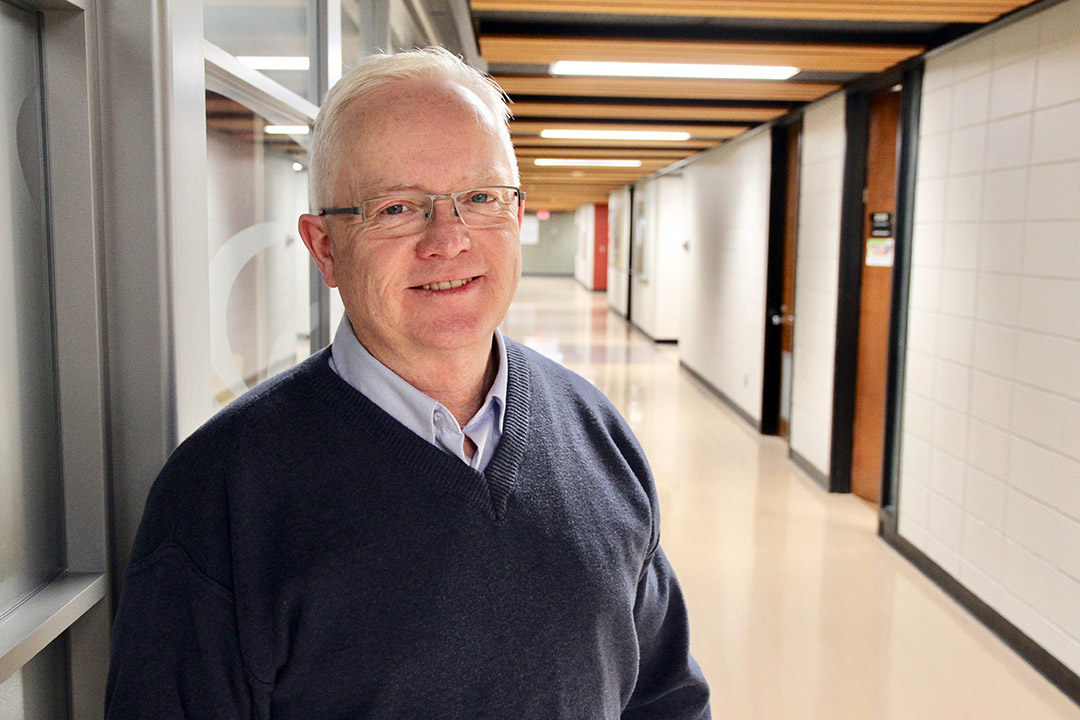Learning disabilities are “invisible” but have the potential to significantly impact an individual’s ability to gain from instruction, said Tim Claypool, associate professor in the Department of Educational Psychology and Special Education in the College of Education.
Key to addressing this mounting issue is accurate assessment, intervention and accommodation. To that end, Claypool and a few of his colleagues launched Counselling Assessment Intervention and Research Services (CAIRS) in 2015.
“We saw a gap in the need for assessment services in Saskatoon, and in remote areas of Saskatchewan where the need is exponential,” said Claypool who serves as director of CAIRS. “The other gap was in providing our graduate students psycho-educational assessments and intervention training.”
CAIRS, Claypool continued, “is an opportunity for the public to access psycho-educational assessments service in cases where they might not be available to them for a variety of reasons from financial to the number of psychologists available. We fill a gap by linking those who need assessment with qualified professionals.”
Now in its third year, CAIRS has provided more than 300 assessments throughout the province and has been able to provide the requisite training to students in the master’s program in School and Counselling Psychology.
“We assess a range of disabilities, it could be a challenge with learning, a learning disability, an attention disorder, anxiety, intellectual challenges or behavioral disorders,” said Claypool, who is a registered doctoral psychologist. “The hallmark (of this) is someone with average or above average intelligence who struggles in an academic setting.”
Through those assessments, done under the supervision of a registered psychologist and a provisional psychologist, two students per terms are able to fulfil a 350-hour practicum to complete his or her degree requirements.
Claypool noted that all assessments, which take about five to seven hours each, are guided by the standards set out by the Saskatchewan College of Psychologists and meet rigorous principles of the province.
CAIRS also works closely with Access and Equity Services, formerly Disability Services for Students, at the U of S to ensure any intervention recommendations are guided by Saskatchewan's Human Rights legislation and that accommodations are appropriate.
“There is a great demand for psychologists in the province,” Claypool said. “The training our students receive through CAIRS is really valuable in addressing this provincial shortage. Anyone in this area of practice is in very high demand and fortunate when it comes to career options.”
While assessment services are currently only offered on the Saskatoon campus, they are available to anyone who submits an application and goes through the screening process. Claypool said he would like to see CAIRS become mobile in the coming years.
“A mobile clinic in remote communities would be great,” he said. “We have partnered with First Nation communities to bring their students from North Battleford to our campus clinic in the past and would like to do that in La Loche and Buffalo Narrows as well.”
Claypool said CAIRS has been a great success, not only in training students and providing much needed assessment services, but also in showing the value of the college to the broader community.
“As an assessment centre, CAIRS has increased the profile of the College of Education within the greater Saskatoon community as its members come to know CAIRS as a client-centred, cost-effective and efficient agency for assessment,” he said.